Ahead of a speaking slot at the World Agri-Tech Investment Summit in London in November, we caught up with Dr. Thomas Engel, manager of John Deere’s Technology Innovation Strategy in Europe to hear more about his role and where the ag machinery company is focusing its efforts when it comes to agtech innovation.
Before taking on this role in 2014, Engel was manager of John Deere’s Intelligent Solutions Group in Europe for nearly six years. He joined John Deere in 2000 and has held a variety of roles focused on precision farming in the past.
What does your role at John Deere entail?
It’s all about looking further ahead at agriculture innovation than in my previous job. It’s not linked to one specific product, but is more technology evaluation and looking for future opportunities. We are looking to partner with universities, other agribusinesses, and some startups to see how we can make the life of our customers easier and more productive. We realize in today’s world that it’s too dynamic for us to do everything on our own, and that John Deere does not have the competencies and is not so fast in decision-making to keep ahead of innovation.
Our core competence is still ag machinery, so our goal is to make our machinery more productive and more effective so that our customers get their work done easier and faster at a lower cost, and for that we need modern technology.
How do you think you can make your machinery more productive?
By exchanging data between machines to make logistics better, but also sending that data to the office, and allowing customers to share that data with their trusted advisors and other companies for decision support. So we need to make it as easy as possible for customers to collect that data on their machines, store it and share with others to get recommendations. Our job is then to apply those recommendations so the prescription goes automatically onto the machine. The creation of the FarmSight strategy in 2011 was the company’s first step towards this.
[FarmSight is Deere’s wireless technology platform to link equipment, owners, operators, dealers and so on].
Are you looking for innovations to build out FarmSight specifically?
Not only FarmSight, but that is one of our key areas and an area of agriculture we think is the next big step. Guidance and steering technology is more or less mainstream now, and that was a productivity gain of 10%-20%, so the next step is decision support through big data and connectivity and we see ourselves as an enabler of this; delivering and accessing data to help farmers become more productive.
We also look into other areas like user experience, electrification, automation and robotics, and knowledge-based systems based on big data. We need to support all of these, but we don’t want to compete with companies that have more competence in these areas; better to partner with them.
How do your partnerships work?
Our partnerships usually work on a project-by-project basis. In Europe, there are so many opportunities to get public funding from the EU or national governments, so we can apply for grants which are 100% funded for universities and 50% match funded with an investment by us or another industry player. In some areas, we ask universities to do specific research projects for us, and these might be confidential projects.
We also work with a lot of students, for example in our European Tech Innovation Center where I am located. We have about 30 interns at one time working for three to six months, or we have university students do their theses. We can also use them as a think-tank in capstone projects to come up with totally new ideas. They’re a younger generation so see the world with different eyes. I am 54 and I didn’t grow up with a computer and iPhone.
We have selected some key universities in every geography where we want to partner a bit more closely and it’s important to keep good relations with them, and always know what’s going on there and what they’re doing on their own.
Do you help John Deere source acquisitions?
If something interesting comes up and would fit into one of our platforms and product lines, I will forward that to the right people. If it goes beyond partnering, I would involve the business development group which takes care of M&A.
Do you see more acquisitions like Precision Planting?
In the past we have not done so much M&A. If something fits well and we have a gap, we definitely do it sometimes, but we’re not like other companies that are very aggressive; I don’t think it’s in our DNA. We are much more likely to partner. Also, we are more likely to keep acquisitions separate than fully integrating them into our business. Typically startups are much more agile than us, so integrating with us means we lose the advantages that business had before. So it’s better to parter with them, and try and figure out where we can create benefits. That makes more sense compared to full integration of the business where you put all the processes and overhead of a large company onto a small startup which could be a real burden for small startup companies.
Is there any innovation you are most excited about?
There are so many different areas that not one is more important than others. But if we want to make big data successful, we need to make it easy for the farmer to use and we need to make data secure and safe against hackers. Very often farmers are conservative and don’t like the idea of storing their data somewhere on the internet. But if you make it easy and create value, they will adopt that.
What are the biggest challenges for startups in getting adopted on the farm?
The business model. I’m convinced that some of the new startups will disappear as not all will find the right business model to create enough revenue, and many systems are expensive to develop. You need to have a good value proposition and help farmers save money or increase yield. We believe decision support is definitely an area of importance for the future, but it’s not our core competence so we want to partner and also be open and let anyone share the machine and agronomic data as easily as possible. We see John Deere as an enabler for agricultural decision support.
We need to be open. Our core is our machinery and we want to make it more effective and more reliable and we can do that through telematics.
Where do you see the next trends in ag innovation?
There is a lot of money going into the development of decision support tools because they can easily scale and be used all over the world. When it comes to robotics, there’s a lot of discussion around making machines autonomous. Technically it is not that difficult and we have shown autonomous tractors without a cab more than 10 years ago on farm shows. We are not offering that yet, because the business case for the farmer is in most of the cases not that attractive. A tractor without a driver can’t drive on public roads and the cost for a driver is relatively small compared to the total cost of running a machine. So if you eliminate the driver, you don’t save that much money, while at the same time you create additional logistic efforts and costs.
In some countries you will see a shortage of labor in the future, and then the need for autonomous machines might be driven by that.
We are looking into small field robots where we see applications like weeding or selective harvesting for specialty crops and vegetables, but during this downturn in our business due to low commodity prices, it’s not a focus area.

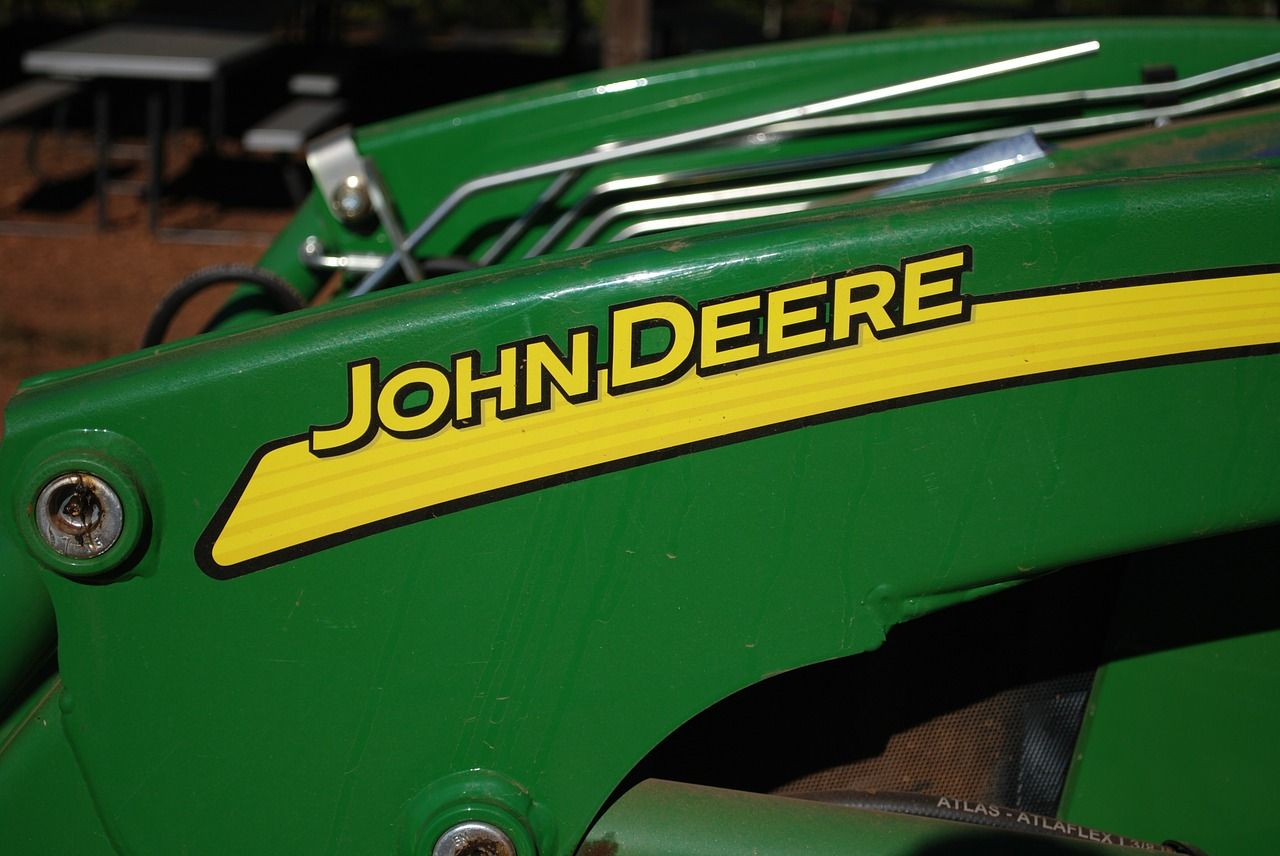
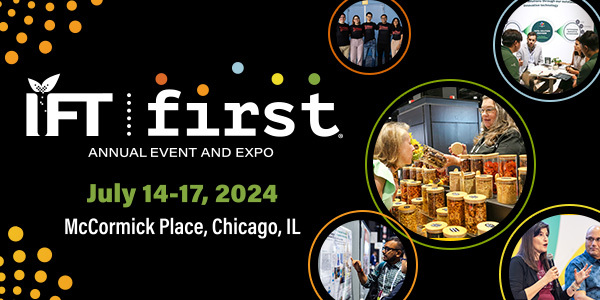
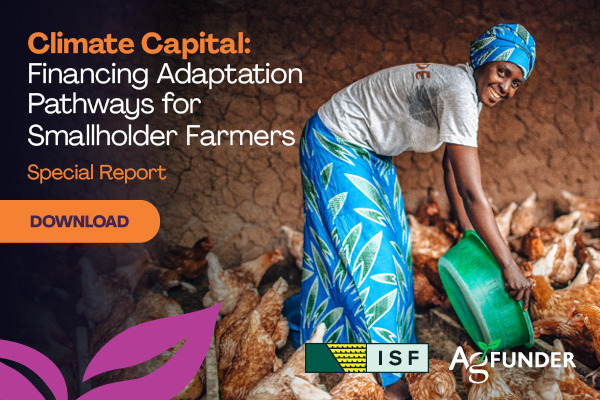
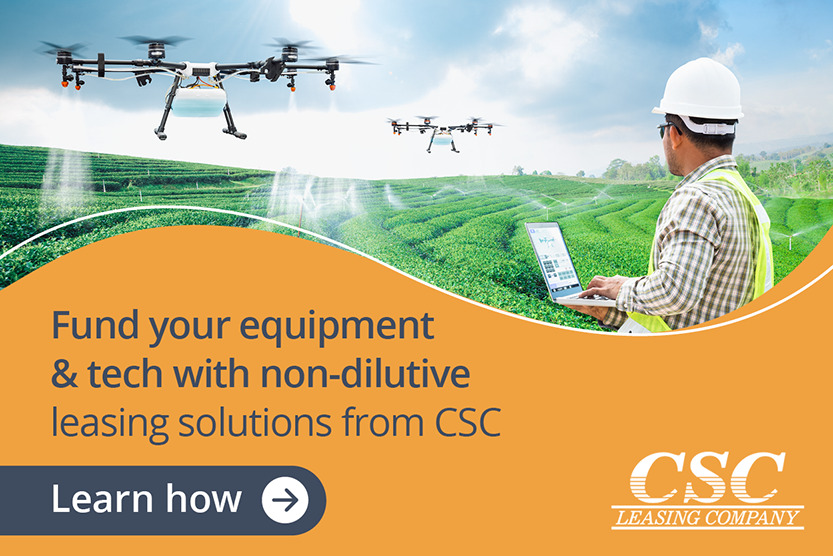
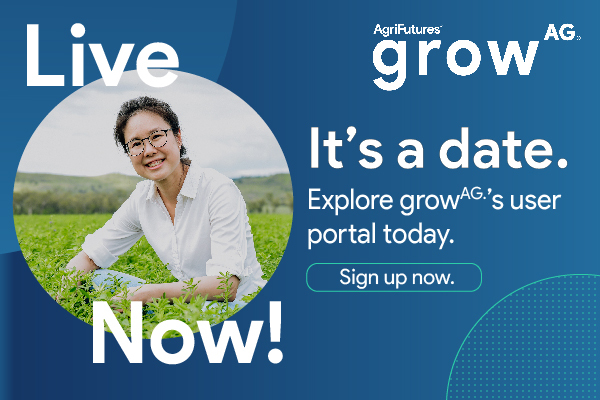

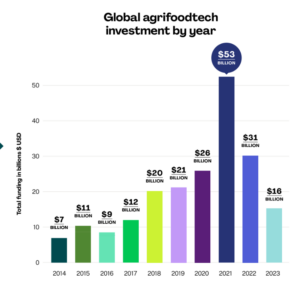
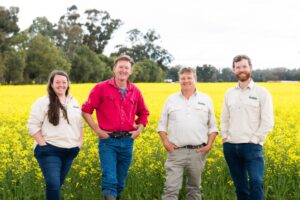



Sponsored
International Fresh Produce Association launches year 3 of its produce accelerator